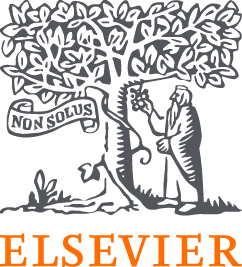Lori Graham-Brady, Johns Hopkins University
Recent advances in high-throughput experimental techniques offer exciting opportunities to generate materials characterization data in statistically significant quantities. The trade-off is that these high-throughput experiments may offer lower quality in terms of resolution and accuracy. In the context of materials design, however, one may be willing to sacrifice some precision if the goal is simply to discern whether or not the material performance has changed between one specimen and the next. In this way, materials of interest are rapidly selected from a large candidate pool and can be subsequently evaluated using more rigorous, lower-throughput processes. In a similar vein, machine learning approaches promise an efficient assessment of material behavior that may lack the sophistication and spatial accuracy of physics-based computational solutions but that also may be sufficient to identify material chemistries and microstructures that merit further exploration. Such models support rapid decision-making for control and optimization of high-throughput processes on the path to materials design. This talk will provide an overview of the challenges and opportunities afforded by an integrated high-throughput and automated materials design framework, as demonstrated in the AI for Materials Design (AIMD) facility at Johns Hopkins. The role of machine learning in guiding this automated materials design is highlighted through a series of example applications.











